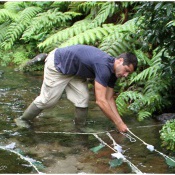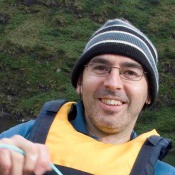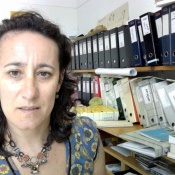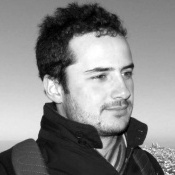DiscoverAZORES - When were the Azores archipelago really colonized? A high-resolution paleolimnological approach
Understanding the links between changing climate and their impact on past human population and societies is crucial to predict incoming climatic and ecological events and to envisage adaptive responses. The objective is to determine when the first human settlements in the Azores archipelago (AA) really took place, and to perform robust high resolution climate and environmental reconstructions for the last millennia in order to understand first colonizers? distribution patterns. These reconstructions will be performed using a multiproxy characterization of sedimentary lacustrine records. Both classical as well as cutting-edge approaches will be employed to unequivocally trace the first signs of human activity preserved in sedimentary records. Finally, climate reconstructions will allow to unravel which were the main climate conditions that favoured the onset and spread of human settlements on the AA.

Pedro Miguel Valente Raposeiro

Vítor Manuel da Costa Gonçalves
Santiago Giralt Romeu (Earth Sciences Jaume Almera (ICTJA-CSIC);Alberto Saez Ruiz (Universitat de Barcelona); Valentín Rull del Castillo (Earth Sciences Jaume Almera (ICTJA-CSIC);Yongsong Huang (Brown University); Armand Hernández Hernández (Earth Sciences Jaume Almera - ICTJA-CSIC); Ricardo Machado Trigo (Faculdade de Lisboa- Instituto Dom Luís)

